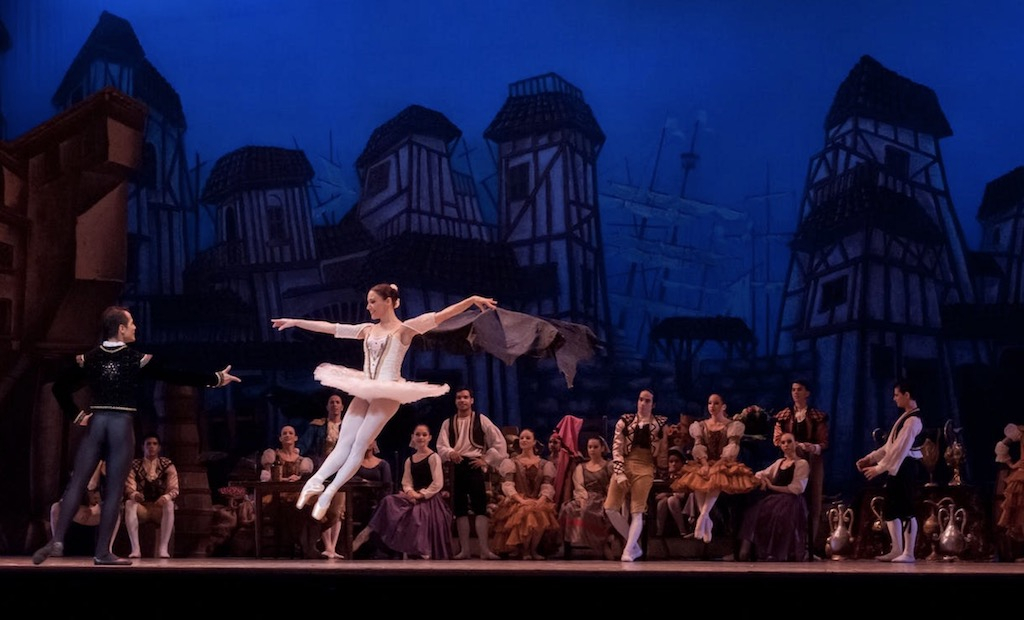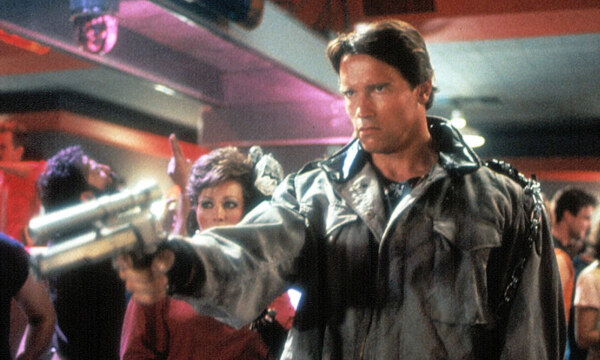The stage of chance: Famous theatrical portrayals of gaming

Games of skill and calculated risk have long fascinated the world of theatre. Whether it is the tense silence of a high-stakes chess match or the dramatic tension of a pivotal sports contest, playwrights, composers and choreographers have used the act of risking everything through play as a powerful metaphor. Well beyond a mere plot device, gaming on stage becomes an extraordinarily potent mirror of what it means to be human – what is desired, feared or wrestled with.
This article examines the history of game-based storytelling as a central theme in plays, musicals and operas, and explores how portrayals have evolved to reflect shifting societal values and anxieties. Iconic works are considered in which the game is not merely entertainment but a trial of character and a prism through which significant questions of psychology, morality and social life can be observed.
Beyond the game: Play as a metaphor for life and fate
Perhaps the most striking aspect of theatrical gaming is its direct allegory to the unpredictability of human life. The conflict between free will and fate is a familiar motif enacted on the stage of risk and uncertainty.
The interminable coin toss in Tom Stoppard’s Rosencrantz and Guildenstern Are Dead serves as a profound allegory of the characters’ lack of agency. Each flip traps them in a predetermined story, highlighting the arbitrariness of existence and the suggestion that destiny may be fixed by sheer coincidence.
The classic musical Guys and Dolls, by contrast, offers a more optimistic – though still daring – perspective. Here, marriage itself is compared to a leap into the unknown, a voluntary decision to embrace an uncharted future. When Sky Masterson frames his future partner as a matter of risk, the show takes the concept of gaming beyond recreation to life-changing personal choices and the question of whether free will can triumph over uncertainty.
These opposing approaches demonstrate the flexibility of gaming as a dramatic element, enabling authors to explore fundamental philosophical questions about whether fate is self-determined or externally imposed.
A brighter play: The creative depths of gaming
Beyond themes of fate and free will, the stage has long celebrated the uplifting pull of collaborative play. This journey into the human spirit reveals patterns of imagination, discovery and a search for connection through shared challenge.
Game-inspired productions highlight not merely the pursuit of victory but also a quest for growth that drives the main characters in their relentless engagement with strategy and skill. Each move captures a psychological balance – success and setback entwined with every turn, like the unpredictable spin of a game of roulette, where chance becomes a poetic stand-in for life’s shifting possibilities.
A more contemporary exploration appears in Patrick Marber’s Dealer’s Choice, where a lively tabletop match becomes a metaphor for deeper emotional bonds and the challenge of revealing vulnerability. Although the characters believe they can predict every outcome, they are shown instead to value camaraderie and the joy of the contest. The play highlights not only moments of competition but also the inner, unspoken rewards of friendship and mutual respect.
Even when not central to the plot, the positive impact of gaming often lingers. Eugene O’Neill’s The Iceman Cometh features a character whose past in community game halls underscores the play’s themes of shared dreams and creative escape. Here, gaming serves as a spark for fellowship and the enduring satisfaction of play itself.
The game always inspires: Gaming as social commentary
Stories built around games often serve as a strong tool for exploring social frameworks, moral questions and the influence of competition. Such narratives can reveal institutional flaws, shifting values and the hidden tensions within larger social systems.
Nikolai Gogol’s The Players offers a sharp commentary on deception and strategy. It centres on a troupe of schemers each attempting to outwit the others, exposing the pomp of their supposed cleverness and their casual attitude toward ethics. The play demonstrates how playful contests can become a vivid reflection of broader social rivalries and pretence.
Competitive play also drives the musical Carousel. When Billy Bigelow joins a risky scheme and stakes his pride on a reckless plan, the turning point sets off the story’s deeper themes of consequence and redemption. This scene supports the exploration of ambition, responsibility and the realities faced by those living at society’s edges.
The evolving archetype of the gamer
Historically, the stage gamer was almost exclusively a male archetype – a restless strategist or competitive prodigy defined by ambition. Contemporary theatre, however, has broadened this portrayal, reflecting societal change and a more nuanced understanding of play and competition.
New productions now feature female gamers who are no longer mere accessories. Women appear in pieces such as Red Chips and Split Hands as dynamic players, tournament leaders and risk-takers with diverse motives ranging from creative escape to economic independence. This development shows that theatre remains sensitive to modern social challenges, using the theme of gaming to examine the intricate intersections of gender, class and personal aspiration.
A legacy of play: Iconic works on the stage
The fact that gaming has remained a recurring element in theatre testifies to its power as a storytelling device. Games and structured contests have been used in numerous plays, musicals and operas to create memorable works that continue to resonate with audiences.
● Guys and Dolls (Musical): Inspired by the plight of Nathan Detroit to find a venue for his ever-moving dice game, the musical cleverly uses gaming to explore risk and commitment in relationships, with marriage portrayed as the ultimate leap of faith.
● The Odd Couple (Play): Neil Simon’s classic comedy uses a regular poker night as the backdrop for the clash between slovenly Oscar Madison and meticulous Felix Ungar.
● A Streetcar Named Desire (Play): Tennessee Williams stages recurring poker nights of explosive energy and mounting tension to reveal the true natures of Stanley Kowalski and Blanche DuBois.
● The Gin Game (Play): This Pulitzer Prize-winning play centres on gin rummy as a metaphor for life, giving two nursing-home residents a chance to share their stories, regrets and fleeting triumphs.
● Dealer’s Choice (Play): A sharp look at family dynamics, this drama places a spirited card contest at its core, using bluffs and strategic moves as metaphors for emotional vulnerability.
● The Player’s Match (Opera): A modern operatic creation that explores the psychological highs and lows of competitive gaming, charting the mental intensity behind every calculated move.
● Queen of Spades (Opera): Tchaikovsky’s classic reinterpreted as a tale of obsession with mastering a mysterious game strategy, capturing the thrill and peril of chasing perfection.
The editorial unit

























Facebook
Twitter
Instagram
YouTube
RSS